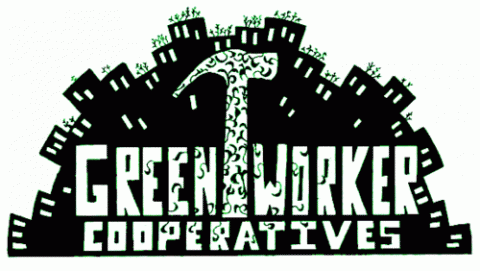Second Chance is a nonprofit enterprise working with residents of Baltimore to train them in a wide variety of skill sets, ranging from carpentry to craftsmanship. The group strives to create skilled workers making a living wage with benefits for themselves and their families. By teaching workers to safely deconstruct a building without damaging its historic elements, they become self-supporting members of the community with new skill sets. Read more about Second Chance, Inc....


